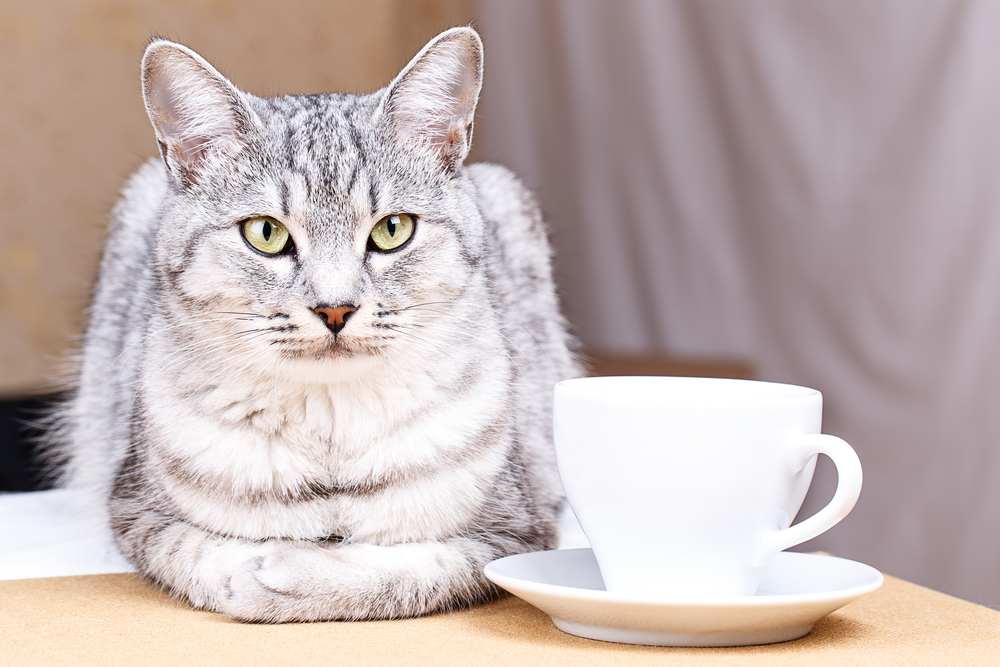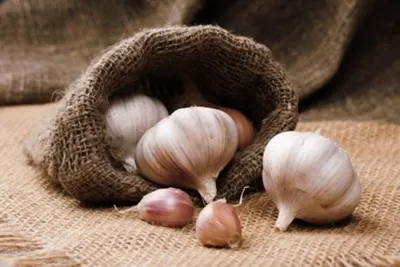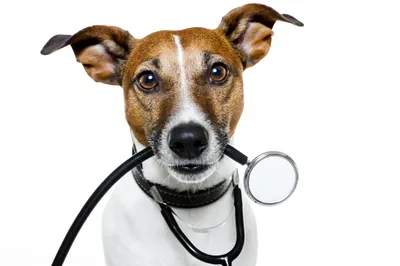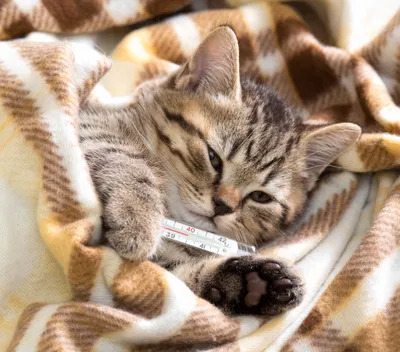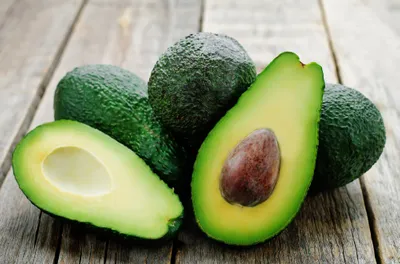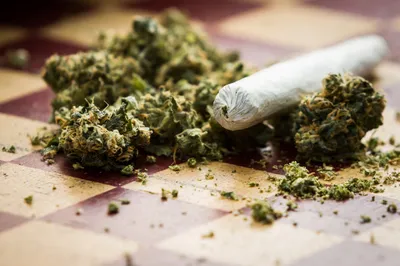Most dog and cat owners consider their pet an important member of the household. That’s why it’s important to take the steps necessary to keep your pets safe and healthy. The problem is, there are a number of common household items that can pose a serious health threat to your furry friends. It’s important to keep in mind that our animals have bodies that are very different than ours, which means some things that pose no danger to us can be very harmful to them.
That’s why we’ve put together this helpful list designed to assist you in keeping those items safely stowed away and out of the reach of your pets…
1. Onions, Garlic, Shallots, and Leeks
There’s no denying the health benefits of these vegetables for humans. Take garlic, for instance—not only can it improve your iron metabolism, it can lower blood pressure and reduce the risk of heart disease. Onions, meanwhile, are an excellent source of vitamin C and flavonoids that can help reduce the risk of heart disease and stroke.
However, these foods aren’t so healthy for animals. In fact, they can cause anemia, kidney damage, upset stomach, and general weakness. While cooked versions of these veggies are harmful, they’re even more dangerous to your pets when consumed raw.
2. Chocolate
There are few food items more beloved by humans than chocolate. As of 2014, the global chocolate industry was worth $80 billion, with demand expected to rise 30-percent by 2020.
It’s the taste of chocolate that draws humans to it. And most animals love the taste, too, but that’s where things get dangerous for our furry friends. The problem lies in the cocoa beans in chocolate. They contain a substance called theobromine, a chemical that’s often toxic to small animals, like dogs. The good news is that cocoa content is lower in milk chocolate, which is more popular than dark chocolate.
3. Grapes and Raisins
These sweet and delicious natural treats are a major favorite for humans, but they pose a huge health hazard to dogs and cats. While felines tend to avoid these food items, dogs have been known to eat them.
If ingested, raisins and grapes can cause vomiting, diarrhea, abdominal pain, dehydration, and weakness. In extreme cases consuming grapes or raisins could lead to anuria (the total inability to urinate), oliguria (difficulty urinating) or kidney failure. That means you should keep them well out of reach!
4. Macadamia Nuts
Macadamia nuts are hardly the most popular nut, but they’re key ingredients in some beloved recipes—like white chocolate and macadamia nut cookies. And while white chocolate poses no health threat to dogs, macadamia nuts are dangerous.
Although cats won’t be in danger if they eat these nuts, dogs can experience severe vomiting, weakness, muscle tremors, even depression. The good news is that most dogs can recover from ingesting macadamia nuts, though many will need treatment—which may include intravenous fluids and anti-fever medications from a veterinarian.
5. Sugar-Free Gum
Most of us love chewing gum, which tastes great and can help freshen our breath and avoid snacking when we don’t really need to. But many sugar-free gums contain xylitol, a natural sweetener. It’s perfectly safe for humans to consume, but very dangerous to dogs.
If ingested, sugar-free gum can cause dogs to feel weak, vomit, even collapse and go into seizures. If a dog consumes enough sugar-free gum, he or she could go into a coma or die. That’s why it’s important to contact a veterinarian or pet poison helpline immediately if you think your dog has eaten sugar-free gum.
6. Fruit Pits
We all know to avoid eating the pits when consuming our favorite fruits, but most dogs won’t make that call. And there are two reasons this is extremely hazardous for our furry friends.
First, apple seeds, cherry pits, peach pits, and plum pits all contain cyanide, a toxin that’s very poisonous to dogs. Second, larger pits and seeds—like those in peaches and plums—can block the airways or intestines in pets, causing severe pain and preventing healthy digestion. If you think your animal has consumed a fruit pit, contact your vet immediately.
7. Moldy Food
No one wants to eat a moldy piece of bread, but a hungry dog or cat may not make the distinction between this and something fresher. And that’s very dangerous, because eating moldy food can cause vomiting, agitation, tremors, seizures, and even severe secondary hyperthermia in both dogs and cats.
The problem: mycotoxins, which are present in moldy foods. And it’s not just moldy bread that poses a danger—moldy pasta, cheese, or nuts can also be hazardous. If you think your dog or cat has consumed moldy food, contact a vet immediately.
8. Coffee
Many of us just can’t get through the morning without that first (or second) cup of coffee. That’s because coffee contains caffeine, a stimulant that can wake us up and give us a boost of much-needed energy.
But coffee can be quite dangerous when consumed by cats and dogs. In fact, it can lead to restlessness, hyperactivity, vomiting, hypertension, abnormal heart rate, seizures, coma, even death. The good news is that a couple sips (or licks) of coffee won’t hurt a dog or cat, but you should contact your vet if they consume a moderate amount of coffee grinds or a tea bag.
9. Avocados
Avocados are filled with healthy fats and protein, which make them a great addition to any sandwich or smoothie. But they’re dangerous for many animals, some of which are often kept as pets.
The good news is that avocados won’t do much to harm a cat or dog (aside from an upset stomach). But they’re highly toxic to other animals—including horses, goats, cattle, and birds. That’s because they contain a toxin called persin. For more information about persin and the dangers of avocados, contact your veterinarian.
10. Acetaminophen
Many of us reach for acetaminophen, or Tylenol, when we get a nasty headache or muscle ache. But it can be very hazardous to animals, whose bodies aren’t meant to handle the drug. In fact, a dog that consumes an excessive amount of Tylenol—typically by breaking into the medicine cabinet, for example—can experience irreversible liver damage.
Symptoms of acetaminophen poisoning in pets include labored breathing, swollen face, jaundice, vomiting, and coma. Be sure to contact your vet if your animal displays any of these symptoms.
11. Aspirin
Like Tylenol, Aspirin can help humans get over a nasty headache or muscle pain. But Aspirin can be very hazardous to dogs, whose bodies just can’t handle the drug properly. In fact, puppies can’t handle any Aspirin whatsoever.
There are several symptoms if a dog consumes too much Aspirin, including stomach upset. Long-term exposure to Aspirin could cause stomach ulcers, blood thinning, and irreversible kidney damage. So keep that medicine cabinet firmly closed or even locked if you have pets in the house.
12. Marijuana
With medical marijuana becoming far more available than ever before, more and more Americans have the drug in their homes. And while cannabis argueably can play an effective role in alleviating pain in humans, it poses a serious danger to our animals.
In fact, a dog that consumes marijuana can experience serious long-term health consequences, including death. An animal that consumes a dangerous amount of cannabis will appear anxious, dehydrates, and lethargic. They may also drool or vomit and diarrhea can occur. If you think your animal has consumed cannabis, contact your vet immediately.
